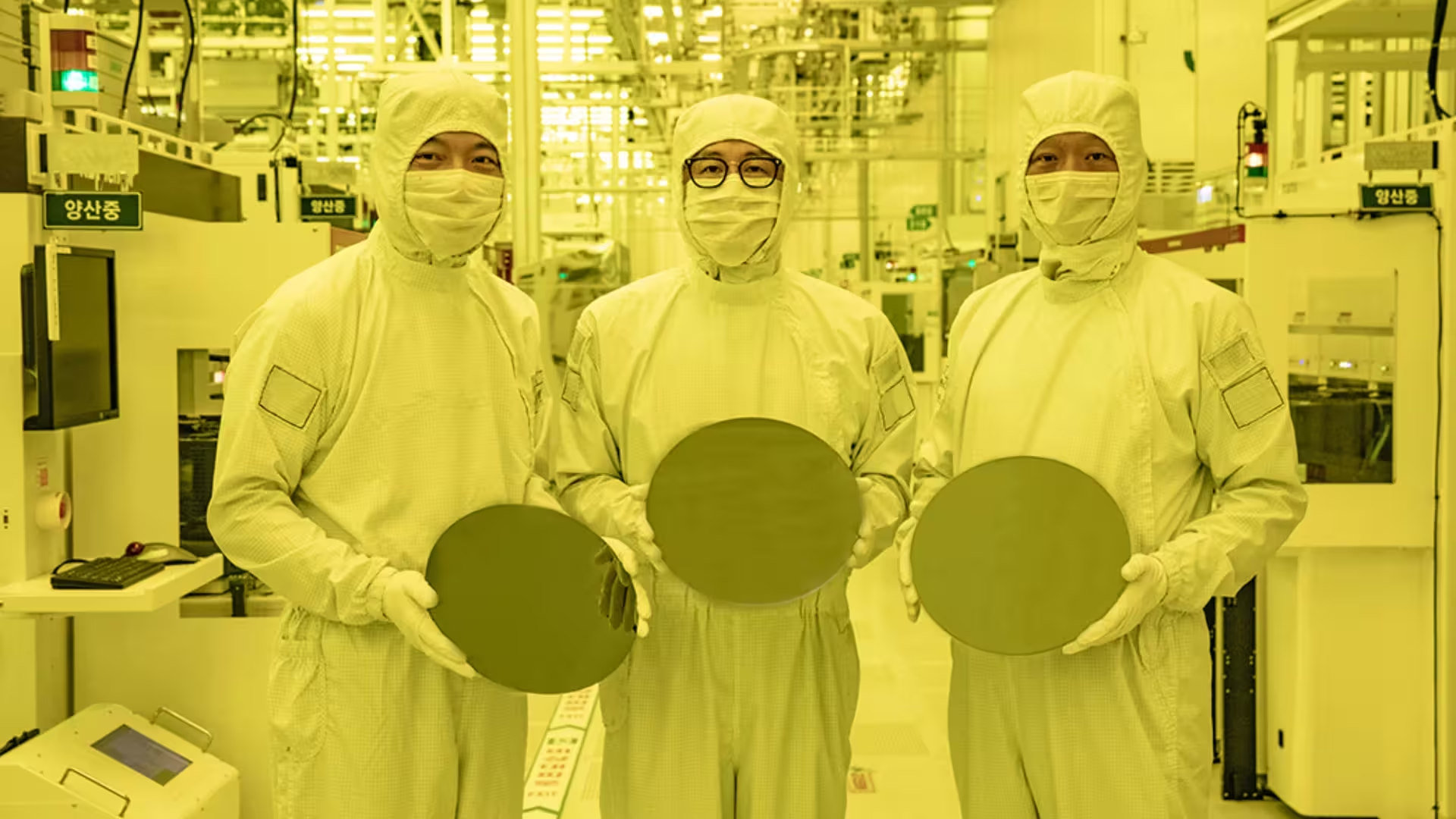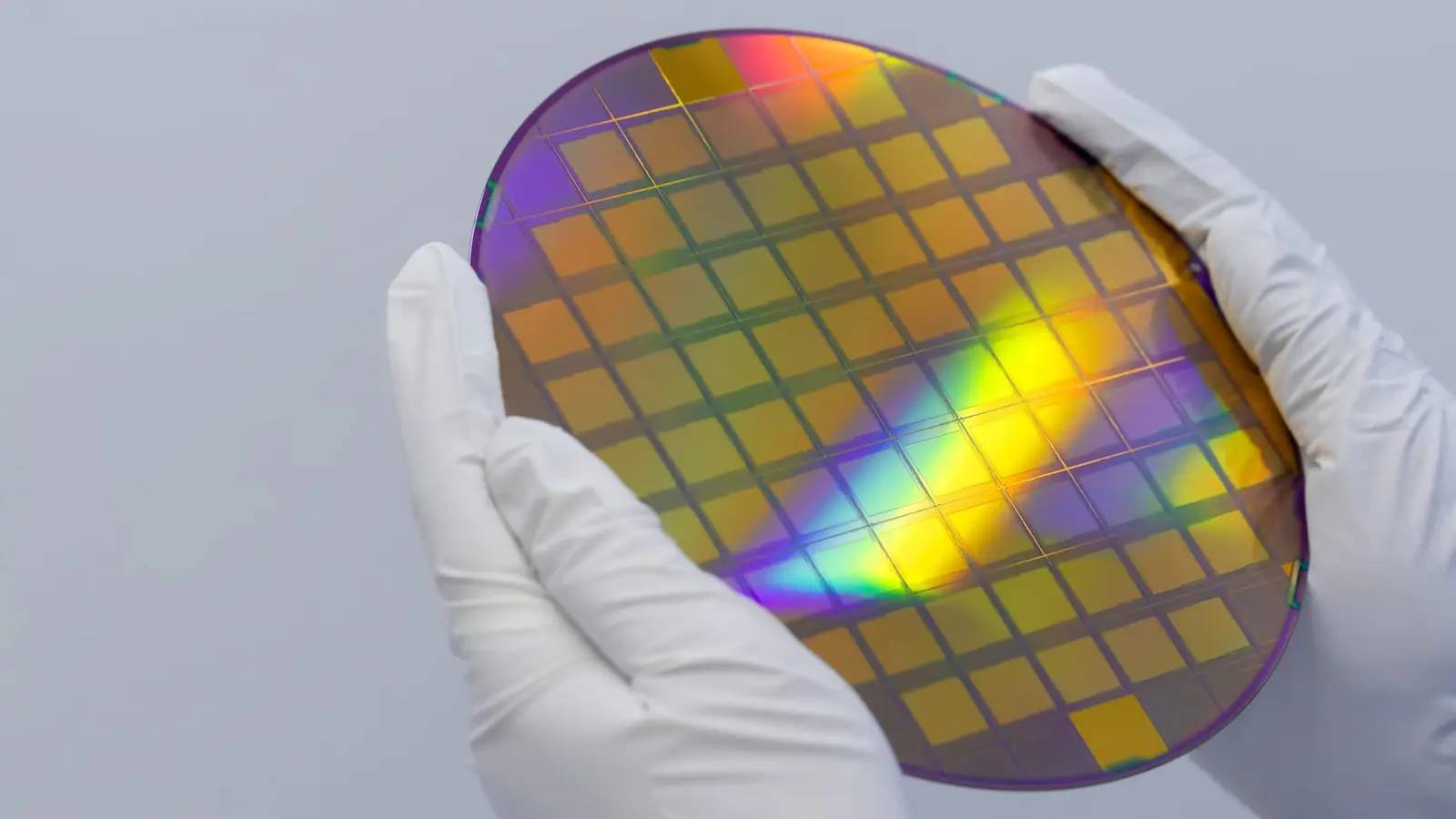3 Minutes
Samsung Foundry pushes SF2P into commercial orbit
Samsung Foundry is ramping up its second-generation 2nm process, SF2P, and is actively courting both domestic and global customers as it prepares for initial chip production. The move follows high-profile supply agreements but also reflects a broader push to fill fabrication capacity for AI accelerators, automotive SoCs and mobile processors.
Confirmed partners and strategic fab location
Samsung has already locked in major contracts: a reported $16.5 billion agreement to manufacture Tesla’s AI6 chips at the company’s upcoming Taylor, Texas foundry, and a deal with AI semiconductor designer DeepX to produce the DX-M2 GenAI accelerator. Tesla’s partnership reportedly includes collaboration on process optimization, giving its engineering teams a role in refining SF2P manufacturing.
Product features and technical advantages
What SF2P brings to chips
While Samsung has not published exhaustive specs for SF2P, second-generation 2nm nodes typically offer higher transistor density, improved power efficiency and better performance-per-watt compared with previous nodes. These advantages make SF2P attractive for power-sensitive applications such as electric vehicle full-self driving (FSD) systems, high-throughput GenAI accelerators and next-generation mobile application processors like Exynos.

Comparisons and competitive context
Compared with first-generation 2nm iterations and older 5nm/3nm processes, SF2P aims to reduce energy consumption and boost performance for AI inference and training workloads. In the foundry market, Samsung is positioning SF2P to compete for AI-centric orders alongside other leading fabs, emphasizing system-level optimizations and collaboration with customers to tune yields and throughput.
Advantages, use cases and market relevance
Key advantages
- Superior energy efficiency for edge and in-vehicle AI
- Higher compute density for GenAI accelerators and datacenter inference
- Potential performance uplift for mobile APs and custom SoCs
Primary use cases
Automotive FSD systems (Tesla AI6), GenAI accelerators (DeepX DX-M2), cloud AI instances and next-gen mobile processors are the most immediate targets for SF2P.
Yield, capacity and the path forward
Industry sources note that SF2P yield has not yet fully stabilized, and Samsung is pushing continuous process improvement with the goal of significant maturation in the second half of the year. The fact Samsung is still recruiting customers suggests available fab capacity beyond the deals already announced. For the foundry business, SF2P is a pivotal node—its success will influence Samsung’s competitiveness in high-performance and AI semiconductor markets and affect roadmap decisions for products such as Exynos.
Overall, SF2P positions Samsung to capture growth in AI semiconductors and automotive chips, provided it can accelerate yield stabilization and scale production to meet global demand.
Source: sammobile


Leave a Comment